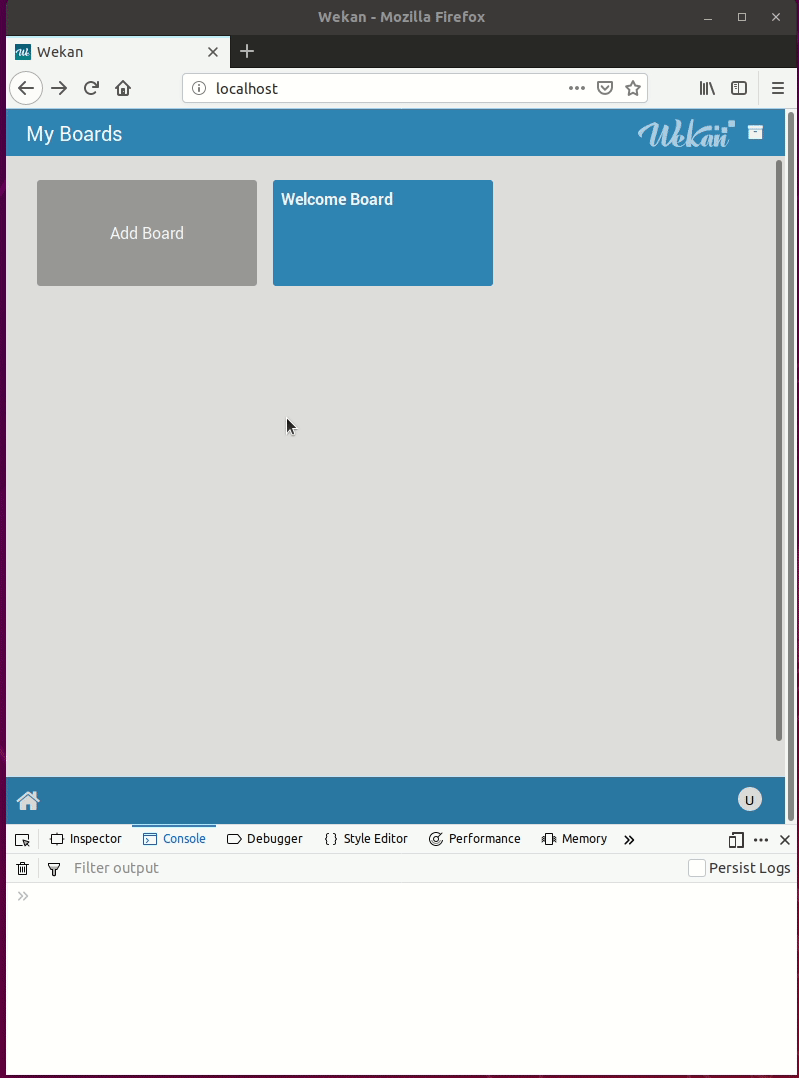Here are the banner settings
Hi @amyblais, thanks for taking a look!
Here are the banner settings:
# grep -i banner config.json
"EnablePreviewModeBanner": true,
"EnableBanner": false,
"BannerText": "",
"BannerColor": "#f2a93b",
"BannerTextColor": "#333333",
"AllowBannerDismissal": true
I should also mention that I’ve previously enabled Developer Mode ("EnableDeveloper": true), but I’m not sure it’s related, since the notification in this issue has the normal blue background, not a purple one.
The issue reappeared today for the other affected user, then kept disappearing and reappearing under testing, but we were unable to pin down any specific reason. Their browser console (Firefox) only has this:
websocket connecting to wss://[redacted]/api/v4/websocket websocket_client.jsx:35:20
and the server log meanwhile only has this line repeated:
mlog/log.go:174 {"name":"TypeError","message":"NetworkError when attempting to fetch resource.","stack":""} {"path": "/api/v4/logs", "request_id": "g8wwo8yu57djmkipjxjxn7hy3y", "ip_addr": "[redacted]", "user_id": "[redacted]", "method": "POST", "err_where": "client", "http_code": 0, "err_details": ""}
(where user_id is the one for the affected user.)

